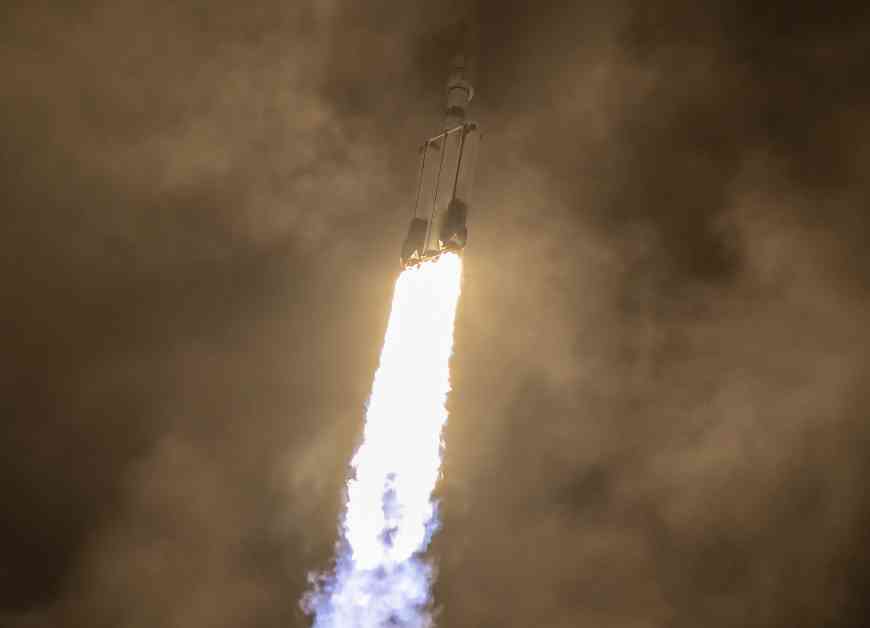SpaceX recently faced fines from the Federal Aviation Administration (FAA) for license violations related to two launches in mid-2023. The company responded by criticizing the FAA for what it considered minor changes that had no impact on public safety. SpaceX sent a letter to the House Science Committee and the Senate Commerce Committee outlining its concerns with the fines and the delays in processing license updates.
In the letter, SpaceX explained that it had provided the FAA with sufficient notice of the minor license updates, including changes to the launch control center location and the use of a new propellant tank farm. The company argued that the delays in approving these updates highlighted systemic challenges at the FAA’s Office of Commercial Space Transportation (AST).
Regarding the Falcon 9 launch, SpaceX stated that it had submitted a modified communications plan to the FAA for approval, but the agency did not provide feedback in time for the launch. Despite receiving approval for the plan later, SpaceX was fined for not conducting a required poll at the T-2 hour mark, a step that the company claimed was not a regulatory requirement.
For the Falcon Heavy launch, SpaceX highlighted that the new propellant tank farm had been approved by range safety authorities and was later granted a waiver by the FAA for a Falcon 9 launch. The agency’s formal approval came several months after the Falcon Heavy launch, raising questions about the timing of the fines and the regulatory process.
SpaceX also raised concerns about the political motivations behind the fines, suggesting that they were announced shortly after increased scrutiny from Congress. The company’s CEO, Elon Musk, referred to the fines as “lawfare” and “politically motivated,” indicating the possibility of legal action against the FAA.
Overall, SpaceX’s response to the FAA’s fines reflects a broader debate within the commercial space industry about regulatory oversight, safety protocols, and the relationship between industry stakeholders and government agencies. As the space sector continues to grow and evolve, these issues are likely to shape future discussions and decisions regarding space policy and regulation.
